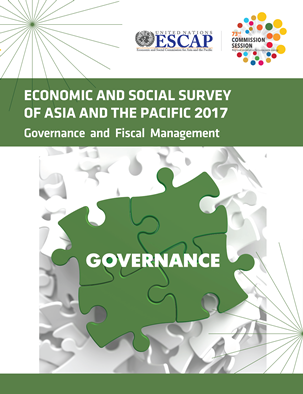The Economic and Social Survey of Asia and the Pacific 2017 report has forecast Pakistan’s growth forecast to be 5.2pc and 5.4pc for the year 2017 and 2018. Due to initiation of the China- Pakistan Economic Corridor (CPEC), inflows from China have seen a rise to finance projects under it, although transportation and construction related imports have also registered an increase.
As per the survey, major improvements to security have been observed aside the infrastructure projects being worked under CPEC. It was also pointed out, that the economy would be fueled by public investment and private consumption in tandem with higher consumer credits.
The global rise in crude oil prices will directly impact and increase inflation along with fueling a rise in domestic petrol prices. Inflation is expected to go up from 5pc in 2016-17 to 5.5pc in 2017-18, the survey notes. The agriculture sector will see improved output of maize, cotton and sugarcane. The biggest beneficiary of improved energy security will be the large-scale manufacturing segment, for which gas prices will fall for industrial use.
Pakistan’s economic growth will remain subpar largely due to medium term challenges associated with energy shortages as per the survey. The survey also highlighted that further reduction in subsidies would be needed to tackle circular debt arrears and improve technical efficiency.
The survey also mentioned that Pakistan is one of four nations to have made a tax directory of its members of parliament and also that of all registered tax payers available publicly. According to the data, Pakistan had only 750,000 individuals registered as tax payers out of a population of 180 million.




